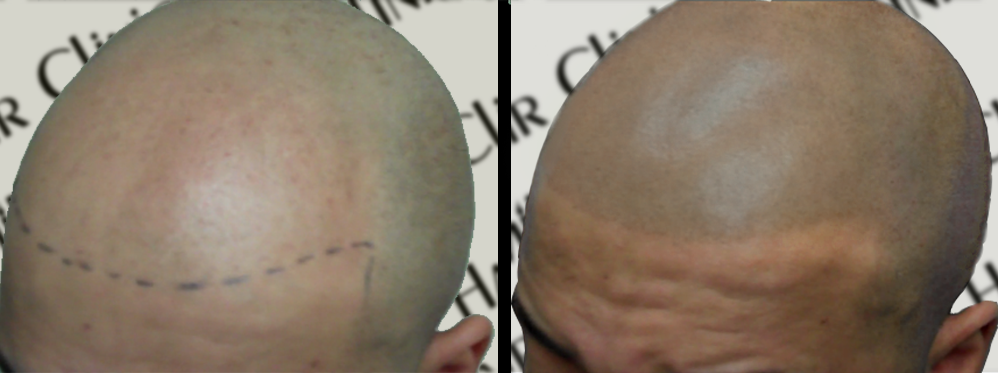Is there a connection between melatonin and hair loss? Does melatonin impact hair growth? Well, melatonin has been widely researched to have a positive impact on sleep pattern. But how does that connect to hair growth? Let’s dig deeper into this connection.
Research finds that melatonin does more than just control sleep cycles. The hormone melatonin is produced in the pineal gland in the brain. While it helps regulate sleep and wake cycles, melatonin sends signals to the brain to slow down at night.
Melatonin and Hair Loss: What Works?
Melatonin is a hormone that the body produces naturally in the brain’s pineal gland. At night, the pineal gland produces melatonin when the brain gets a signal to put the body to sleep in darkness.
As far as hair growth is concerned, melatonin appears to have a positive impact. Studies reveal that melatonin protects hair follicles as it fights oxidative stress. Research finds that melatonin stimulates hair cell growth.
When the body produces melatonin, several hormones are monitored and regulated while you are asleep. That means too little melatonin could mean an imbalance of DHT, testosterone, adrenaline, and enzymes. Hormonal imbalance may result in thinning hair. Getting a good night’s sleep is crucial for the mental balance of the body and to reduce stress and anxiety. Being the sleep hormone, melatonin can help improve sleep and other regulate hormones, which are crucial to hair growth.
The connection between melatonin and hair loss is related to the normal hair cycle. Hair follicles pass through four different cycles.
- Anagen: This is the most active growth stage of hair when the follicle produces hair.
- Catagen: Now the hair growth slows and gradually stops.
- Telogen: This is the resting stage of the hair follicle.
- Exogen: Now the follicle sheds the shaft. It is the stage when it starts a new cycle.
Follicles synthesize melatonin. They have melatonin receptors. Melatonin creates pigment for the hair shaft and regulates the hair growth cycle. Research is underway to find the connection between melatonin and estrogen and how follicles interact with this hormone, which is crucial for hair growth. Melatonin might help extend the anagen stage.
Can Melatonin Prevent Hair Loss
Melatonin is not a magic hair loss solution. It may or may not help hair growth. In some cases, topical application of melatonin supplements might help women with androgenetic alopecia. But it is important to remember that hair growth does not happen overnight.
If you’re concerned about hair shedding and wondering about the melatonin and hair loss connection, speak to your doctor. The need of the hour is to uncover the root cause of your problem. What’s causing hair loss? They can decide if melatonin is a good solution for you.
The topical application might help increase the visible hair density. But there is a minimal dosage recommendation as too much or too little of anything is bad.
Bottom Line
Before starting any hair restoration therapy, explore the options to restore hair. Scalp micropigmentation is one. It does not require any invasive treatment like surgery nor does it have a long recovery period. The results are almost instant and you don’t have to wait to see your youthful appearance with SMP, provided you get the procedure done by a scalp expert in Arizona.
DermiMatch clinic is a pioneer in scalp micropigmentation. Its team of SMP practitioners in Arizona has been providing satisfactory results for clients. Get in touch with experts today.

